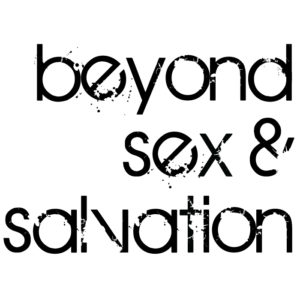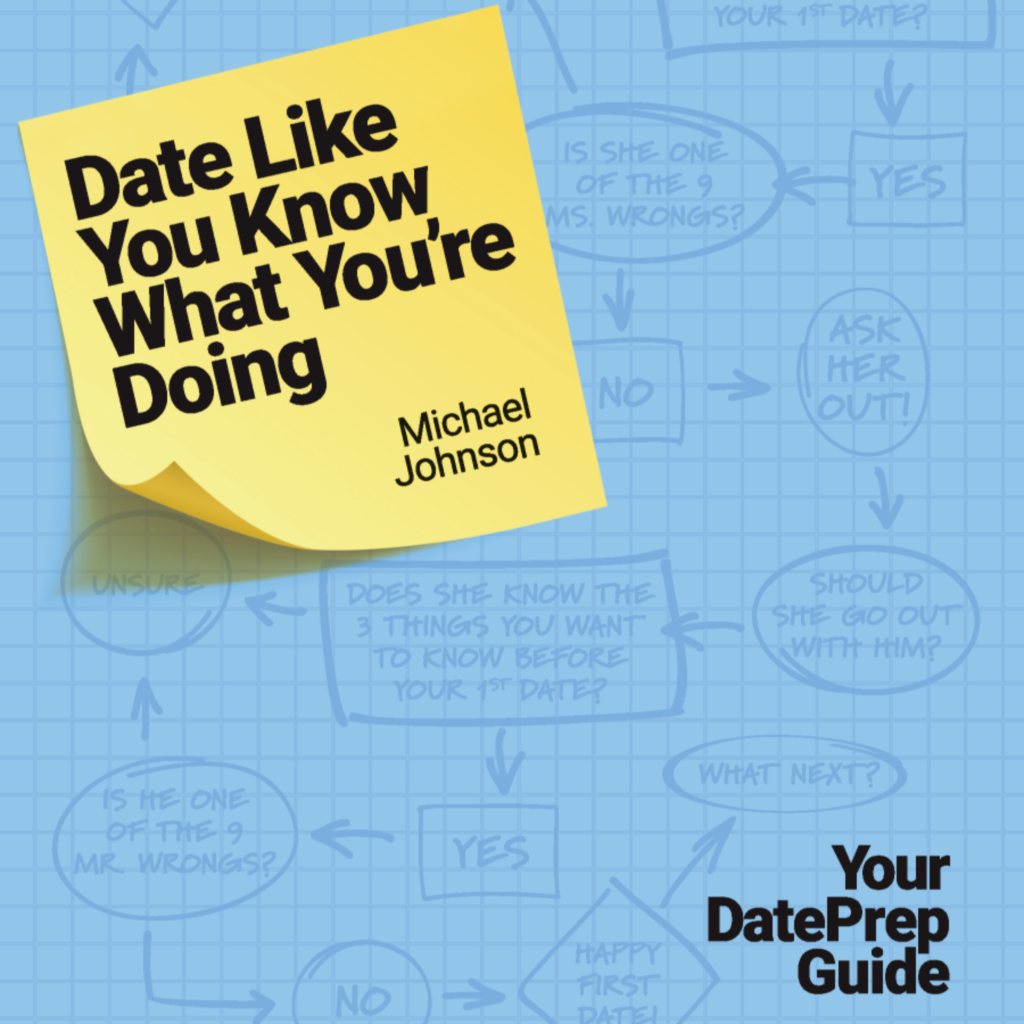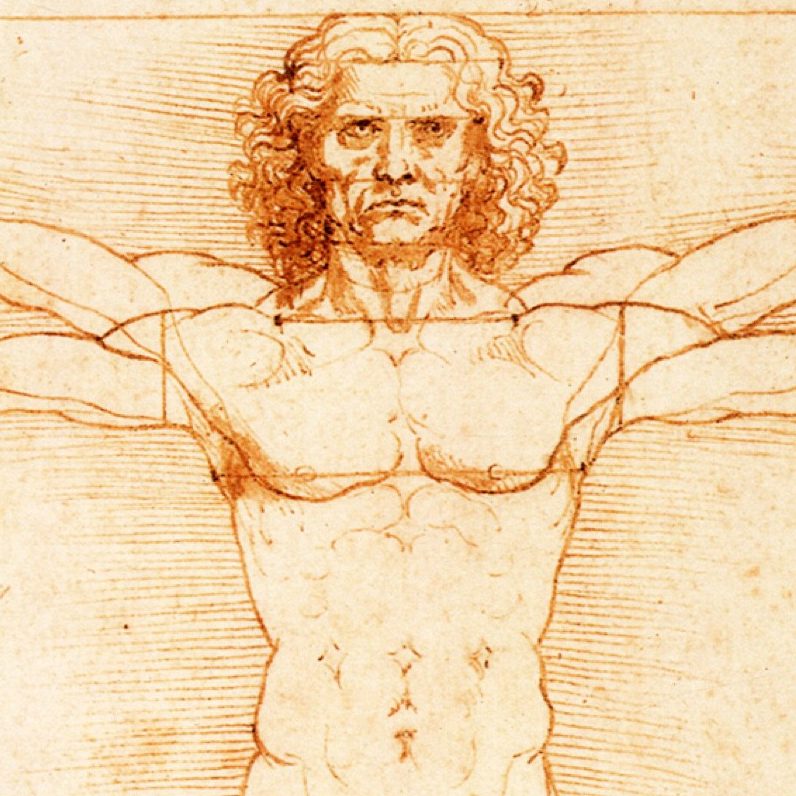 It’s official. The US Supreme Court has determined that sexual orientation and gender identity are as fundamental to who a person is as their race, color, religion, sex, or national origin. So fundamental to one’s identity, that to discriminate against someone because of their sexual orientation or gender identity is now a federal crime.
It’s official. The US Supreme Court has determined that sexual orientation and gender identity are as fundamental to who a person is as their race, color, religion, sex, or national origin. So fundamental to one’s identity, that to discriminate against someone because of their sexual orientation or gender identity is now a federal crime.
How did this happen? Easy!
The court merely enshrined in law what our culture has celebrated since the 1960s. Namely, that one’s sex instinct is as significant as their religious beliefs.
Of course, no one was talking about LGBTQQIAAP issues back then (or even knew what any of those letters stood for), but they were talking a lot about sex. They didn’t call it the sexual revolution for nothing.
But that still doesn’t answer the question I want to address in this post. How did our culture come to view someone’s sexuality as integral to their identity as their spirituality? In other words, how did sex become a religion?
Red, Yellow, Black & White
Before we talk about how our sexual identity became as important as our religious identity, we must first understand why religion was ever considered so important.
Why should we outlaw religious discrimination? Because when you look at the Civil Rights Act of 1964, religion doesn’t exactly fit with the other qualifiers. Indeed, there are clear and compelling reasons to ban discrimination on the basis of race, color, national origin, or sex (in the biological binary sense in which it was understood in 1964), but for the sake of brevity I just want to point out three.
- Involuntary: You don’t get to choose any of these attributes for yourself. You are simply born with them. And when it comes to race in particular, it doesn’t go very well for those who pretend otherwise. But don’t take my word for it. Ask Rachel Dolezal. Even in the brave new world of gender fluidity, no one gets to choose their chromosomes.
- Permanent: These qualities are unchangeable. Yes, even if you get a sex change, your genetic makeup doesn’t change anymore than it does with any other surgery. Then again, Michael Jackson was born black and sort of turned white, but Jackson is an outlier in a lot of categories.
- Obvious: These characteristics are generally difficult to hide. Often as impossible to miss as Donald Trump’s hair.
It is easy to grasp the unfairness of judging someone on aspects of their identity they could not choose, cannot change, and could never hide.
What’s the Big Deal with Religion?
However, why does religion get the same protection? Are religious beliefs involuntary, permanent, and obvious?
It is true that religion is considered in many countries (mostly Muslim) as involuntary and permanent, but even that perspective is itself a religious belief. It is also true that a Jew is born Jewish, but their family lineage does not determine their religious practice. Many Jews aren’t religious at all.
Further, apart from sporting religious garb like a Muslim Hijab or a Christian t-shirt, no one’s religious beliefs have to be identifiable on sight. They can be held privately, and many choose to do just that.
So if religious belief is something you can choose, something you can change, and something you can hide, what is it doing side by side with race, color, sex, and national origin? Why has religion been perceived as integral to person-hood as the sort of characteristics you receive at birth?
Again, many reasons actually, but let’s just hit these three highlights:
- Throughout time, religious beliefs (even political or economic motives disguised as religious beliefs) have moved cultures more powerfully (for better or for worse) than any other cultural factor, inspiring everything from revivals to revolutions.
- In spite of abuses, religious belief has inspired and funded much good in the world, including the care of the sick, poor, elderly, and vulnerable.
- Due to the religious persecution which motivated so many of the first Europeans settlers, the United States was founded upon the right of a person to determine and follow their own religious beliefs.
So, though neither involuntary, permanent, nor obvious, religious belief is pretty significant, both to those who hold strong beliefs about God and His existence, as well as those who reject the idea of God altogether. Either way one’s religious identity is a core identity. As A.W. Tozer puts it…
“What comes into our minds when we think about God is the most important thing about us.” — A.W. Tozer
To get personal here, my religious beliefs may not be involuntary, but I do believe my God chose me first, and that as I grew in His love, I couldn’t help but choose Him back.
My religious beliefs may not be permanent, but I believe God’s love for me is as certain as the seasons, and that He will never give up on me, though I have often given up on Him.
Finally, my religious beliefs may not be something you can detect on sight, but you can’t know me and not recognize how much my relationship with my God permeates every area of my life.
Does Sex = Religion?
This brings us around to sexual orientation and gender identity.
Like religion, neither of these characteristics fall neatly under the categories of involuntary, permanent, and obvious.
Admittedly, I know many men (one of them very well) who have always known same-sex attraction and would consider it an unchosen characteristic of their life experience, and yet they do not define themselves by their sexual orientation. They have chosen not to identify as gay. Instead they’ve chosen to identify with the God of the Bible and a Biblically-faithful sexual ethic.
Further, instead of permanency, many in the LGBTQQIAAP world celebrate sexual and gender fluidity. Indeed, almost half of the identities represented by the ten letters in LGBTQQIAAP are each expressly about self-empowerment and choice.
So how do sexual orientation and gender identity now join religion as legally protected classes?
Because…
For many, sex is just as important to them as my God is to me.
And I’m not just talking about gays or transgender individuals. This is just as true of many cisgender-straight people like myself. Their entire worldview is colored by their sexual/gender experience, as much as mine is defined by my relationship with God.
There’s a good explanation for why they feel that way. And there’s also good reason for them to question those feelings.
Is Sex Your Religion?
Honestly, I cannot presume to know what it would feel like to have always experienced same-sex attraction. Nor can I imagine how it would feel to believe I was living in the wrong body.
However, I do know a thing or two about sexual attraction and arousal, and I can think of little else about my life I have found more undeniable than my sexuality. Indeed…
I can think of nothing else about my character I have had more difficulty reigning in than my sexual desires.
In fact, at one time I was in great danger of having pornography take over my life. A time when I found it simply irresistible. So much so, that if I wouldn’t have been willing to ask for help and submit to accountability, my life would likely end up defined by my sexual lifestyle as much as anyone who believes themselves to be a lesbian woman trapped in a man’s body.
But more than family and friends, it was my God who set me free from porn; a God who loved me in spite of my sin, and then loved me out of my sin, so I can walk in His righteousness, free from the sexual bondage which once seemed such a daunting threat. In other words, my spiritual reality overcame my sexual reality.
But what if you don’t believe in a God who wants to and is able to help you reign in your sexual urges?
Then you’re likely to be defined by your sexual urges.
What if you don’t believe in a God worthy of denying your sexual passions for?
Then your sexual passions are apt to become your God. Indeed, your sexual passions can cause you to doubt in God’s very existence. After all, you can’t see Him, like you can see someone you fall in love with. And you can’t feel Him like you can feel someone’s body up against yours.
However, if you doubt the reality of the spiritual realm, then you are left with the undeniable, relentless, and untameable reality of your sexuality.
And that’s how sex becomes your religion, regardless of your sexual orientation or gender identity.
So if you want to embrace your sexuality as your true identity, you now have legal recourse. But I urge you to consider a greater reality; a spiritual reality that can set you free from slavery to your sexuality.
Sex became a religion way before this recent court decision, but no court decision can overturn the power of God to give meaning, purpose, and significance to your life which you will never find in your sexuality, whether you’re gay or straight, trans or cis.
Want to tap into that power? Check out our hot topic resource page dedicated to empowering you to walk in sexual purity and true sexual freedom.
DNA: It’s What’s For Dating
Dug this weekend’s DNA? Be a good friend and share with your friends on the social media platform of choice: Instagram, Youtube, Facebook, or Twitter.
 The LoveEd discipleship series, Beyond Sex & Salvation, will empower you to prepare for relational success when it counts: BEFORE you fall in love!
The LoveEd discipleship series, Beyond Sex & Salvation, will empower you to prepare for relational success when it counts: BEFORE you fall in love!
It’s NOT for couples, but for any wise individual who thinks they might want to get married sometime before they die. And would like to learn how to better build healthy relationships in the meantime.
Check out all three study guides in our store. You can walk through them on your own, but it’s more fun with friends (that and it kinda makes sense to grow in relational success in actual relationships with others), so consider putting together an FMU LoveEd small group study.
Even better? And ask a rock star married couple you respect to lead it!





